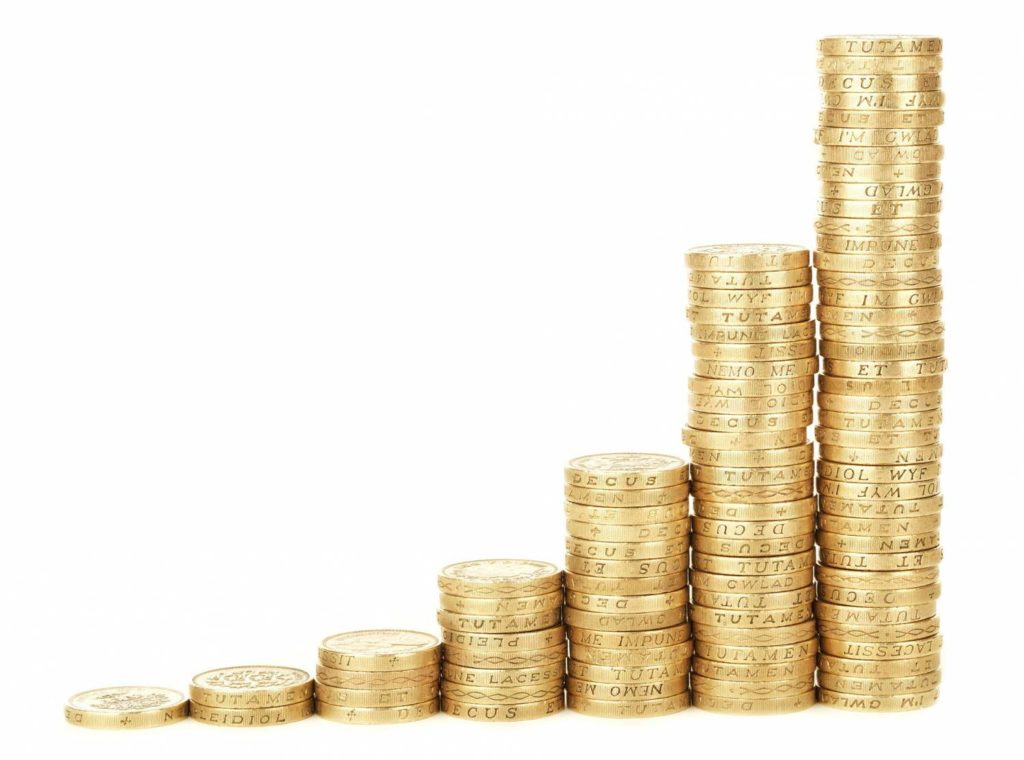You might have heard the saying “wealthy people don’t work for money—their money works for them.” So what does that actually mean? Well, it means that wealthy people have money invested that earns a return and grows every year into more money. For example, $100 invested at a 10% return turns into $110 the first year, $121 the second year, $133 the third year, and so on. This is called compound interest. The interest you receive from your initial investment starts earning even more interest, snowballing into a larger and larger total.
Albert Einstein famously once said “Compound interest is the eighth wonder of the world. He who understands it, earns it … he who doesn’t … pays it.” Let me give you a little example of its power by telling a story.
There were two teenage brothers who needed to make some quick money. They wanted to make as much money as they could in three weeks in order to have spending money for a vacation they were taking at the end of the month. They decided to get summer jobs mowing grass.
The first boy, James, received an offer from a lawn mowing company to work for three weeks. Perfect. The owner said he would pay him $10 the first day, $20 the second day, $30 the third day and so on. Provided he kept doing a good job, he would continue to make $10 more each day. James did some quick math and decided this would be a great deal for him. By the end of the period he calculated he would be making $210 a day and would have made over $2,310 in total.
His younger brother, Fred, received the same offer, but he decided to negotiate with the owner of the company. He told the owner he would work for the three weeks, but wanted to be paid differently. The first day he told him he wanted to earn only a penny, but the second day he needed to be paid $0.02, the third day $0.04, the fourth day $0.08, the fifth day $0.16, etc. He simply wanted his daily rate to double. The owner immediately agreed to the offer as he thought the young boy was practically working for free.
At the end of week one, big brother James was proud of the $280 he had earned. He asked how much little Fred earned, and Fred replied “I’ve only made $1.27 so far, but you just wait and see.” James scoffed and laughed at the foolishness of his younger brother. Week two for the boys was a similar story. James’ earnings grew to $770 that week as he continued to make $10 more each day, while Fred walked away with $162.56 as his daily earnings continued to double.
The final week, week 3, was where things began to get interesting. On day 15, Fred’s earnings reached $163.84, passing his older brother’s daily total of $150 for the first time all month. Day 16 saw Fred earn $327.68, while James only received $160. The disparity grew further as the week went on. By day 21, Fred earned a remarkable $10,485.76. Just on that day! And James, well, still only $210.
By the end of the three weeks, little brother Fred had outsmarted both his older brother, James, and the owner of the company, by earning an incredible $20,972 for his three weeks of work. Nearly 10x the amount of his older brother! Fred paid for his family’s entire vacation, simply because he understood the power of compounding.
Take a look at these charts below to compare their earnings.


This is how investing works. Returns do not grow linearly, but rather exponentially.
When you have money invested in the stock market over long periods of time, it can grow into tremendous sums of money as it continues to compound. All it takes is time – ask Fred.
